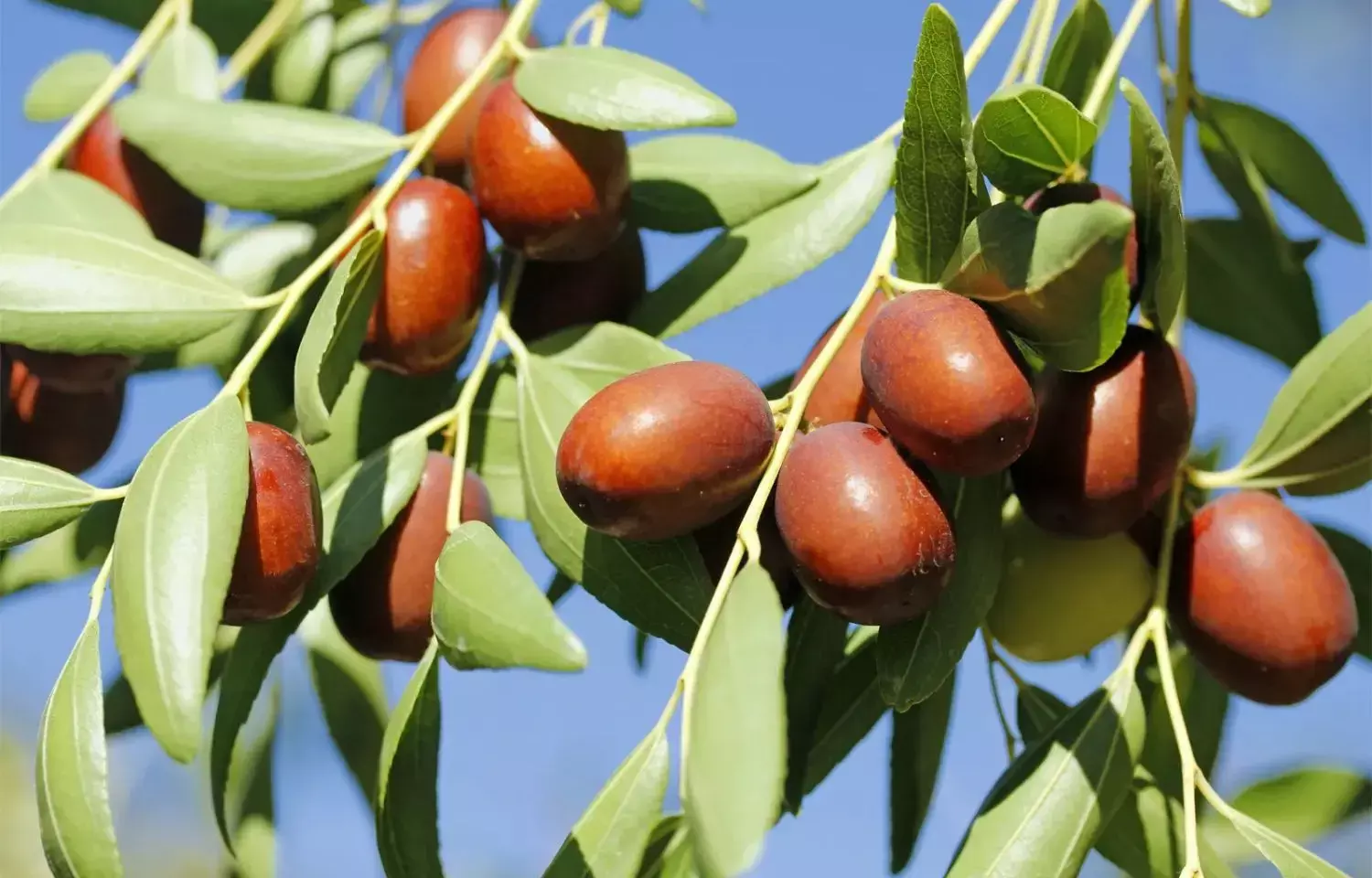- Home
- Medical news & Guidelines
- Anesthesiology
- Cardiology and CTVS
- Critical Care
- Dentistry
- Dermatology
- Diabetes and Endocrinology
- ENT
- Gastroenterology
- Medicine
- Nephrology
- Neurology
- Obstretics-Gynaecology
- Oncology
- Ophthalmology
- Orthopaedics
- Pediatrics-Neonatology
- Psychiatry
- Pulmonology
- Radiology
- Surgery
- Urology
- Laboratory Medicine
- Diet
- Nursing
- Paramedical
- Physiotherapy
- Health news
- Fact Check
- Bone Health Fact Check
- Brain Health Fact Check
- Cancer Related Fact Check
- Child Care Fact Check
- Dental and oral health fact check
- Diabetes and metabolic health fact check
- Diet and Nutrition Fact Check
- Eye and ENT Care Fact Check
- Fitness fact check
- Gut health fact check
- Heart health fact check
- Kidney health fact check
- Medical education fact check
- Men's health fact check
- Respiratory fact check
- Skin and hair care fact check
- Vaccine and Immunization fact check
- Women's health fact check
- AYUSH
- State News
- Andaman and Nicobar Islands
- Andhra Pradesh
- Arunachal Pradesh
- Assam
- Bihar
- Chandigarh
- Chattisgarh
- Dadra and Nagar Haveli
- Daman and Diu
- Delhi
- Goa
- Gujarat
- Haryana
- Himachal Pradesh
- Jammu & Kashmir
- Jharkhand
- Karnataka
- Kerala
- Ladakh
- Lakshadweep
- Madhya Pradesh
- Maharashtra
- Manipur
- Meghalaya
- Mizoram
- Nagaland
- Odisha
- Puducherry
- Punjab
- Rajasthan
- Sikkim
- Tamil Nadu
- Telangana
- Tripura
- Uttar Pradesh
- Uttrakhand
- West Bengal
- Medical Education
- Industry
Daily consumption of red dates beneficial for type 2 diabetes patients: Study

Iran: Daily consumption of Ziziphus jujube (commonly known as jujube, red date, or Chinese date) has positive effects on blood sugar levels and lipid profiles in patients with type 2 diabetes, a recent study in Clinical Nutrition ESPEN has shown.
In the randomized controlled clinical trial, Parvin Mirmiran, University of Medical Sciences, Tehran, Iran, and colleagues aimed to assess the effect of dried Ziziphus jujube on lipid profiles, blood glucose, inflammatory factors, and anthropometric indices in type 2 diabetes (T2D) patients.
The trial included 48 patients, aged 30–65 years. They were randomly assigned to 30 g Ziziphus jujube daily for 12 weeks (intervention group; n=24) and control (n=24) group. 10 ml of blood was taken from each patient after a 12- to 14-h overnight fasting at baseline and at the end of the 12th week.
Plasma levels of triglycerides(TGs), fasting plasma glucose (FPG), high-density lipoprotein-cholesterol(HDL-C), total cholesterol(TC), and low-density lipoprotein-cholesterol(LDL-C), interleukin-6(IL-6), and high-sensitivity C-reactive protein(hs-CRP) were measured. Anthropometric indices were determined.
The study led to the following findings:
· Plasma FPG, TG, TC, and LDL-C decreased significantly up to −11.36%, −13.59%, −7.46%, −7.65% in the Ziziphus jujube group at the end of week 12 compared to baseline, respectively, and this reduction was significant in comparison with the control group.
· The plasma hs-CRP reduced significantly up to −24.46% in the Ziziphus jujube group at the end of week 12 compared to baseline, however, this reduction was not significant in comparison with the control group.
· There were no significant differences between the two groups in mean changes of body mass index, plasma HDL-C, and IL-6.
The researchers concluded, "our findings showed that daily consumption of Ziziphus jujube may have beneficial effects on the lipid profiles and blood glucose levels in T2D."
Reference:
Farhadnejad, Hossein, et al. "Effect of Ziziphus Jujube On Cardiometabolic Factors and Systemic Inflammation in Type 2 Diabetic Patients: a Randomized Controlled Trial." Clinical Nutrition ESPEN, vol. 49, 2022, pp. 53-60.
Dr Kamal Kant Kohli-MBBS, DTCD- a chest specialist with more than 30 years of practice and a flair for writing clinical articles, Dr Kamal Kant Kohli joined Medical Dialogues as a Chief Editor of Medical News. Besides writing articles, as an editor, he proofreads and verifies all the medical content published on Medical Dialogues including those coming from journals, studies,medical conferences,guidelines etc. Email: drkohli@medicaldialogues.in. Contact no. 011-43720751


